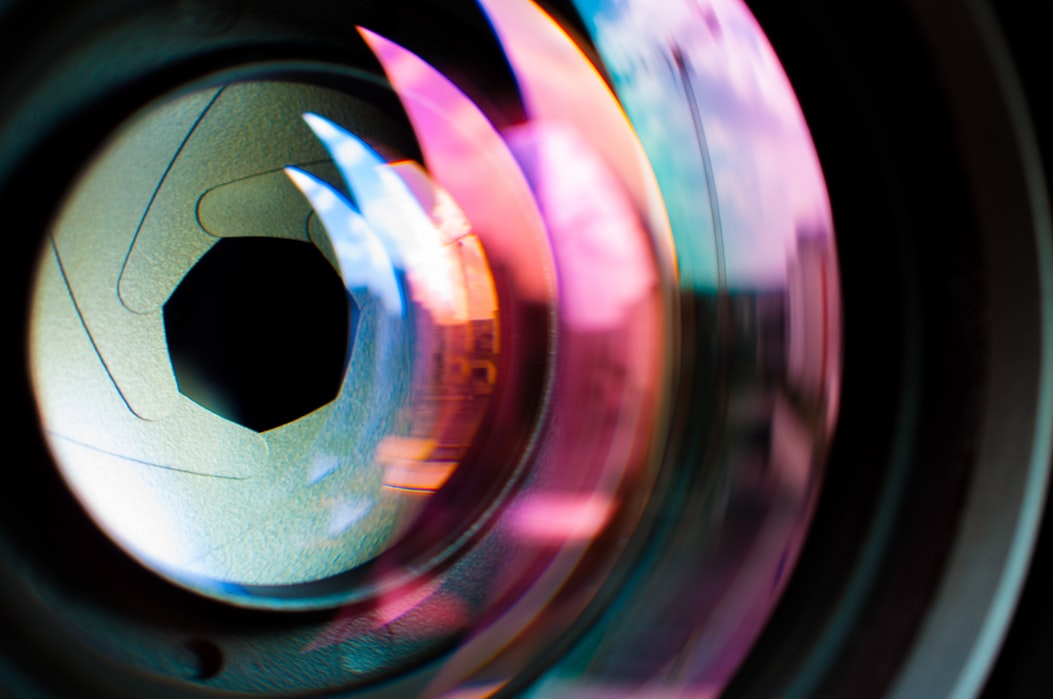Lens Analysis

What is lens analysis?
Lens analysis requires you to distill a concept, theory, method or claim from a text (i.e. the “lens”) and then use it to interpret, analyze, or explore something else e.g. a first-hand experience, visual text, physical object or space, historical or current event or figure, a cultural phenomenon, an idea or even another text (i.e. the “exhibit”).
A writer employing lens analysis seeks to assert something new and unexpected about the exhibit; he or she strives to go beyond the expected or the obvious, exploiting the lens to acquire novel insights. Furthermore, there is a reciprocal aspect in that the exploration of the exhibit should cause the writer to reflect, elaborate, or comment on the selected concept or claim. Using a concept developed by someone else to conduct an analysis or interpretation of one’s own is a fundamental move in academia, one that you will no doubt be required to perform time and time again in college.
Note: The first part of the process (ICE) is also known as a “quote sandwich,” which makes sense if you think about it.
How to Perform Lens Analysis
- Introduce selected quotation from lens text i.e. provide the source for the quote as well as its context.
- Cite the quotation i.e. use a signal phrase and partial quotation to present the author’s ideas clearly to your reader. Make sure to provide the required citation (MLA for this class).
- Explain what the quotation means in terms of your argument i.e. ensure that the meaning of the quotation is clear to your reader in connection to your argument.
- Apply the quotation to a specific aspect of the exhibit i.e. use the idea expressed in the quotation to develop an insightful interpretation about an aspect of the exhibit.
- Reflect on the particular lens idea more deeply i.e. complicate it, extend its scope, or raise a new question that you will address next in your analysis, if applicable.
